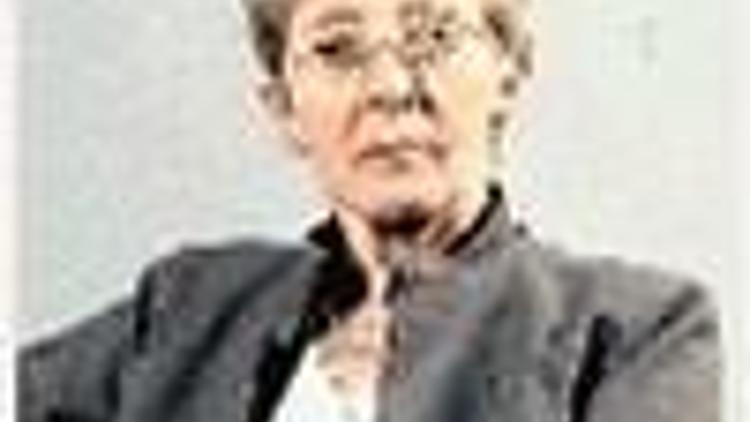Teaching students peace through play
Güncelleme Tarihi:

ISTANBUL - A new peace education program developed and coordinated for Turkey's schools at the Boğaziçi University’s Peace Education Center has reached nearly 200 educators in the country. British native Maggie Pinar says games are the foundation of the training
British native Maggie Pinar believes the best way to educate a child is to play with her, and through a peace education initiative in cooperation with Boğaziçi University’s Peace Education Application and Research Center (BUPERC) she hopes Turkish children will learn about peace through games.
At BUPERC, which opened its doors nearly one year ago, Pinar acts as the coordinator for a special education commission that has been working over the last year to develop and promote a peace education curriculum based on the world renown Lion’s Club International’s Lion’s Quest program.
The Lions Quest (LQ) curriculum is about 30 years old and Pinar said it is a model program in education aimed at equipping and empowering children and young people to develop constructive behavior, effective communication skills and to participate and contribute to their communities
“By becoming involved in immediate community, students learn skills to become effective communicating and peaceful adults,” said Pinar. “They learn the skill needed to negotiate, create and maintain peace” as well as non-violent intervention and problem-solving; things that are missing from a lot of places.”
Training nearly 200 teachers
The program that starts in the classroom with interactive games and activities with youth is part of an effort to foster a culture of peace in the classroom and to help teachers cultivate peace and discourse in children, the educational communities and beyond, said Pinar.
With the support of the Dutch Consulate General of Istanbul, Bosporus University Foundation and Lions Turkey, in the last few months BUPERC has reached out to 26 private and public schools in Turkey and trained nearly 200 teachers.
Pinar said the key to the program’s success is the change of dynamics in the classroom from a classical to a collective teaching model. Teachers give up their role at the head of the class and invite students to take roles in the process.
“It’s a good model because it has activities for students to be involved not just sitting and listening,” she said. “It [feels] risky because teachers have to give up position at the top of the class. Children join the circle and take roles.”
With the help of a little bear called “Ayicik” and games children learn about decision making, who to approach for advice, how to make decisions and be responsible for the decisions they make. Pinar explained that in learning theory, engaging students in play is a key to unlocking life and all the stock which is needed to make a difference. “Play is engagement and that’s motivation,” said Pinar.
At a recent conference for educators in Turkey, Pinar said she asked a headmistress from Finland what the secret was to their high quality education. “She told me they believe in the importance of play,” said Pinar.
From architecture to education
Pinar arrived in Turkey in 1972 to study Islamic architecture as a post grad student at Istanbul University. There she researched Turkish migration and settlement roots in medieval Anatolia. She said that what kept her here was her insatiable curiosity. Along the way she married a Turk and has a son.
“We’ve been through coups and financial crisis,” she said of the length of time she has been here.
Pinar, who considers herself part of the Irish diaspora in England, said she feels she is now part of the Irish community in Turkey, and that she is a global nomad just like her Celtic forebears. “The Celts have been in and out of Turkey throughout millennia,” she said explaining that the Celts had established a colony in Melas in antiquity. “I feel there’s a Celtic strand running through Turkish history,” she said. “I feel at home here.”
Pinar said that expatriates have the opportunity to use their understanding of different cultures to be bridges for peace. “Istanbul has helped me be global in the best sense,” she said. “We have a unique chance to build on this experience to help create a peaceful world by building up communication between cultures.” �

